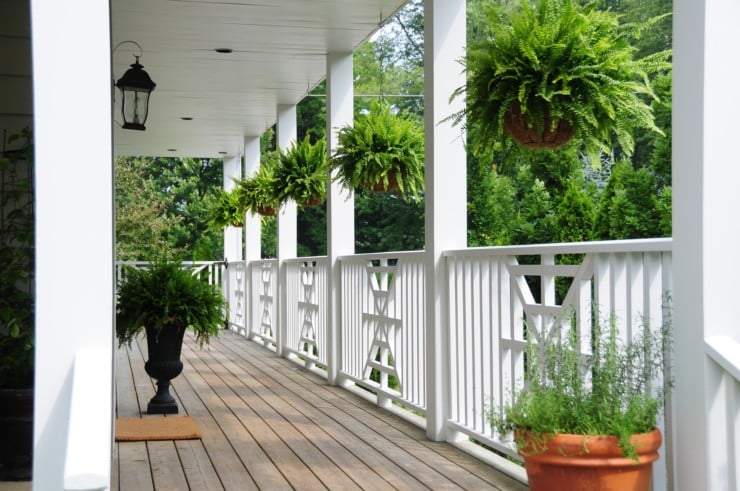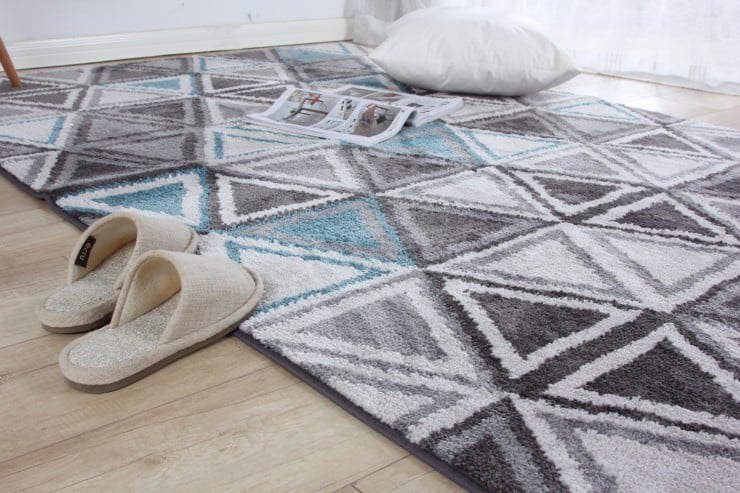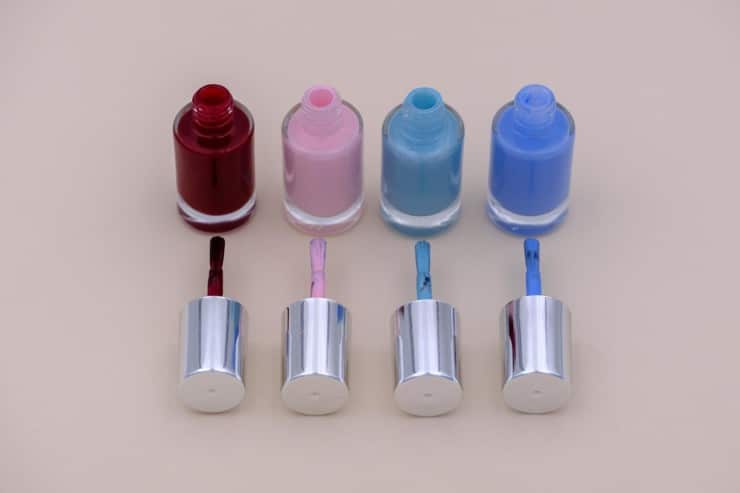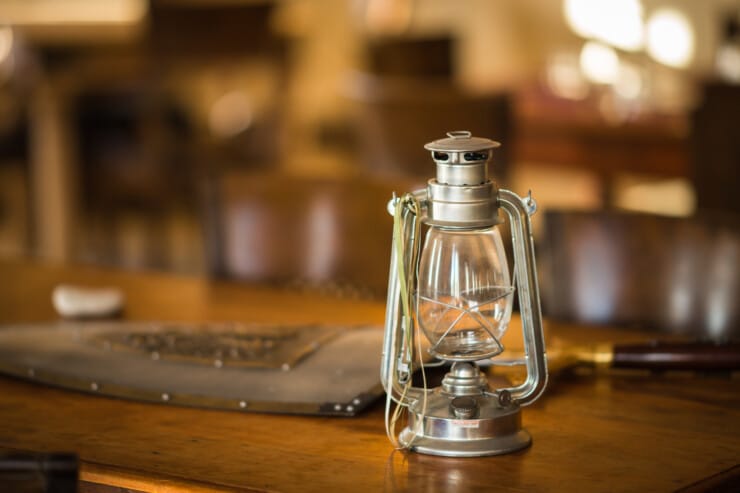A Guide to Soundproofing a Piano in an Apartment
Living in an apartment is a wonderful way to begin your journey.
Now, while apartments can be affordable, the problem comes in if you have loud music systems like a piano. It’s definitely going to get you in trouble unless you soundproof the piano or the apartment.
Hold on a minute.
The fact that you are reading this means you are either receiving noise complaints or want to get ahead of the problem before it becomes an issue.
Well, the good news is, there are several ways of soundproofing a piano in apartments. Let’s dive in and look at both expensive, inexpensive, and even zero-cost methods.
Ways to Soundproof Piano Apartment
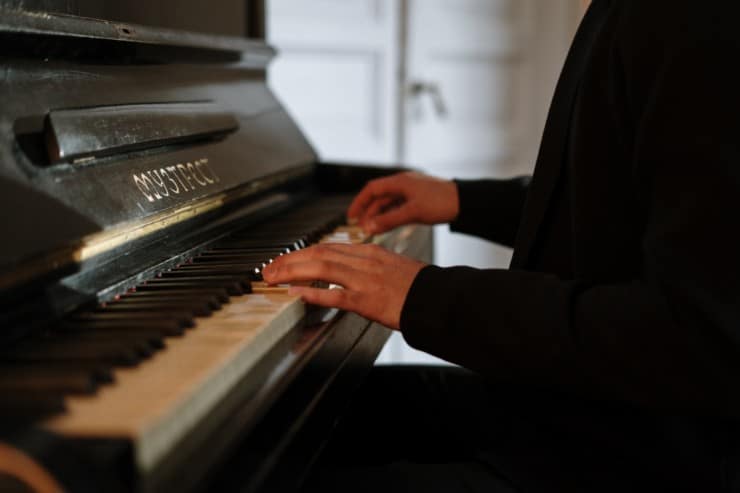
Here are a few reliable and inexpensive ways to soundproof your piano apartment:
1. Cover the piano with heavy fabrics
Covering the piano with heavy fabrics is an inexpensive way to deaden its sound a little. There are several materials you can go for like a rug, mat, and anything that can soak sound.
Placing heavy materials on top and around the piano will only dampen the sound a little.
The effectiveness will depend on the quality of the material used. If you are worried your make-do solutions won’t cut it, you can visit a piano shop for excellent quality absorbers.
If you go with this approach, make sure not to cover the piano too much and block important keys.
2. Use a piano cover
If you can’t find heavy rugs in your home that fit the piano perfectly, the next best choice would be to buy a cover.
Not only does it protect your equipment from dirt and other elements but it can dampen its sound as well.
While shopping for a piano cover, pay attention to its thickness. The thicker it is, the better it will be at absorbing sound.
3. Open the windows
Did you know that opening the windows keeps the piano noise at lower levels?
It’s a handy technique that you can resort to should housemates complain every time you play. In fact, you won’t even spend a coin.
If you have sealed the vents in your piano room, you might be wondering, isn’t this counterproductive?
Well, it is not. Opening the windows gives the piano sound a new direction to go instead of being transmitted to other rooms.
Any cons to opening the windows? Of course, there are.
For instance, if the piano is really loud, your neighbor is going to become irritated and most certainly complain about it.
There’s another con. Imagine, for a minute, keeping the window open during the chilly winters…goosebumps, huh?
You’ll freeze and your fingers will struggle to hit piano keys. So as you can see this method may not be reliable all through, well at least not for everyone.
4. Use artwork
Drapery and large textile wall art can slow down piano sounds too by reducing their energy to penetrate walls and disturb others.
You can try this method if you have a lot of artwork that you don’t mind looking at.
If acquiring new art becomes costly, try wallpapers instead. Also to cut down costs, you can concentrate on one wall that you think is the most problematic.
5. Seal all vents
When you hit a piano key, the sound will freely escape through any open spaces including air vents.
So if there’s air ventilation on one side of the wall that is too close to your neighbor, you need to seal them temporarily with heavy fabrics.
A word of caution; don’t seal all the vents or block the windows entirely to compromise air circulation. Leave a few gaps to let in the fresh air.
This is particularly important if you are spending your piano sessions with others.
Any vents that are meant to let in the air should be unblocked completely at the end of your playing session.
6. Lay thick rugs on the floor
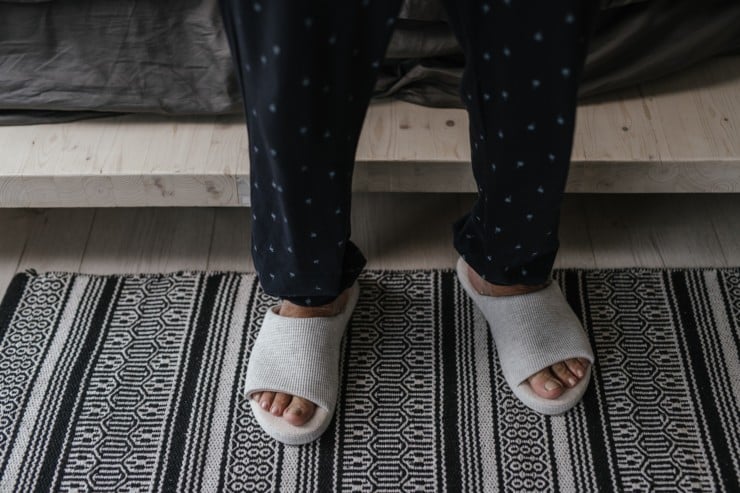
Got neighbors downstairs? Protect them from noise by laying a thick woolen rug on the floor to absorb piano sounds.
7. Cover the windows
As we mentioned earlier, leaving the windows open lets sound escape. However, if the windows are facing your neighbor, you may want to cover them with thick curtains or honeycomb shades.
8. Fill up the room with sound dampening objects
If there is still plenty of space, you can add a couch in the room.
Couches are great sound absorbers. Speaking of furniture, make sure they are upholstered. No naked wood or metal should be visible.
Any remaining small spaces can be filled with plants, bookcases, and other items that absorb sound well. Try not to overdo and make the room look uglier. That could drive away inspiration.
9. Foam sheets
The bass from the piano is a huge concern and can get those near you to complain.
If you are out of beautiful decorations to stick on the walls, how about trying out foam sheets (also called bass trap)?
Foam sheets are beautifully designed and will improve the piano room’s décor while helping with the noise problem at the same time.
Since they stick in the corners close to the ceiling, you don’t have to worry about too much clutter.
Final Thoughts
You cannot fully soundproof your piano. The instrument itself is designed to hum as loud as possible.
Simple techniques such as getting a cover around it or a mat under can dampen the noise to a greater extent.
However, soundproofing piano apartment will definitely deliver a satisfactory outcome.
Sadly, you’ll not get professional standard soundproofing unless you get into the walls and ceiling (something you can’t do in a rented apartment).
Still, we have discussed a few reliable ways of soundproofing your music room so your housemates and neighbors can enjoy a peaceful moment.
If you must make any permanent structural changes to the walls, make sure to get permission from your landlord or building manager.


